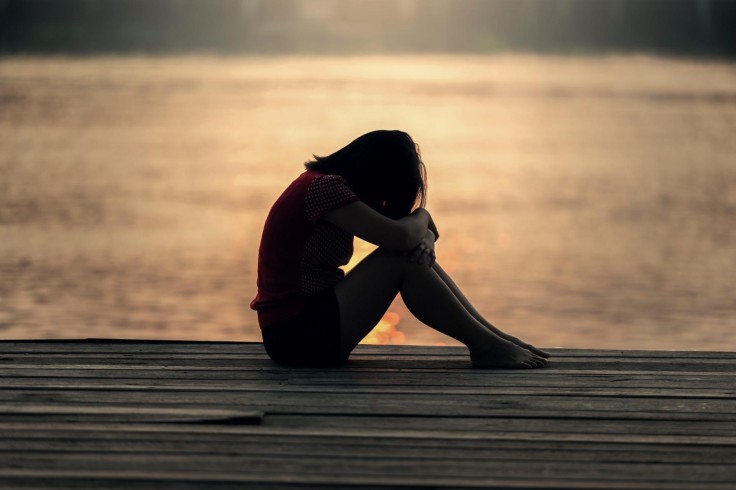
Dr. Stephen B. Mooney told Cleveland Clinic that there is no exact age for women to conceive. Most women are fertile when they are teenagers. Age, however, affects fertility, so if a woman wants to get pregnant, she must do it sooner. When a woman's age increases, her fertility declines, making it harder for them to become pregnant.
While several women have a hard time getting pregnant, for some, all it takes is one mistake, just one of the things that differentiate a woman's pregnancy journey.
The timing of conceiving for one couple can also be different from that of another. The likelihood of conceiving depends on several factors, including age, health, medical history, and how often the couple has sex.
According to the American Society for Reproductive Medicine, women face a slight reduction in fertility in their early 39s, which appears to decrease significantly between the ages of 35 and 45. A healthy 30-year-old has approximately 20 percent chance of conceiving each month, while by age 40, the figure diminishes to less than 5 percent per cycle.
How fertility changes according to age?
Women are born with all the eggs they will have during their entire reproductive lifetime, and their quality declines over time. If a woman starts attempting to conceive at 35 or 40, assume that they will be working with eggs housed in the ovaries for decades.
Some individual might feel they are biologically ready to have a child in their early 20s but is not prepared financially and emotionally. Medical News Today reported that women must be fully aware that they can no longer have babies after menopause. Usually, the average of menopause is 51, and during this stage, women may encounter a crucial dip in hormones in the years leading up to menopause.
Dr. Mooney explains not to expect those eggs to be as high-quality as they were years ago. This can also be linked to the men's sperm count as the quality diminishes until later in life - in their mid-40s or 50s.
He also clarifies the myth that as women age, they won't be able to get pregnant. he said this is not true as there is no exact age when a woman should conceive. However, he added that women should note that pregnancy risks increase as they age. Many people experience difficulties when they're already too old to conceive, including hardship and miscarriage.
Approximately 12- to 13 percent of couples in the United States have problems becoming pregnant.
Things to remember when a woman's older and still doesn't have a baby
Doctors suggest continuing to try getting pregnant and not believing in the age-old myth.
Healthline reminds women wanting to become pregnant to take care of their bodies and remain healthy as much as possible and to remember that quality and quantity are mainly affected by diet and lifestyle. Thus, women should eat healthy, stay active, and remove and avoid unhealthy behaviors to keep their reproductive organs as healthy as possible.
Related Article : Mom With Rare Cancer Gives Birth to Miracle Baby But Told She Only Has Two Months to Live